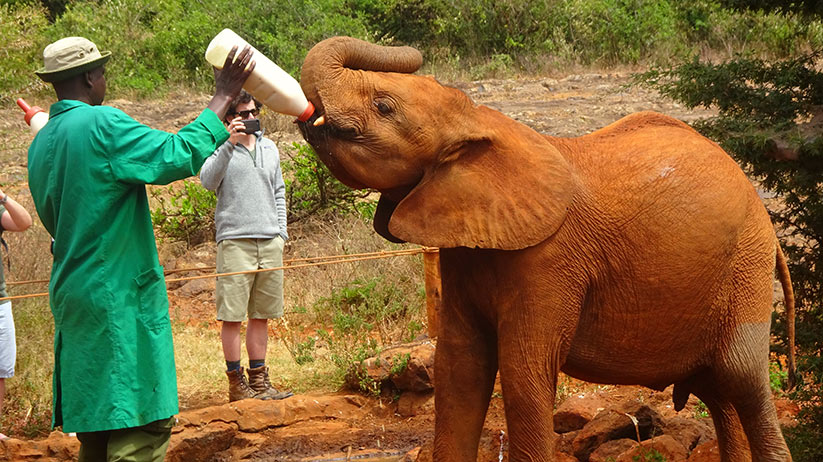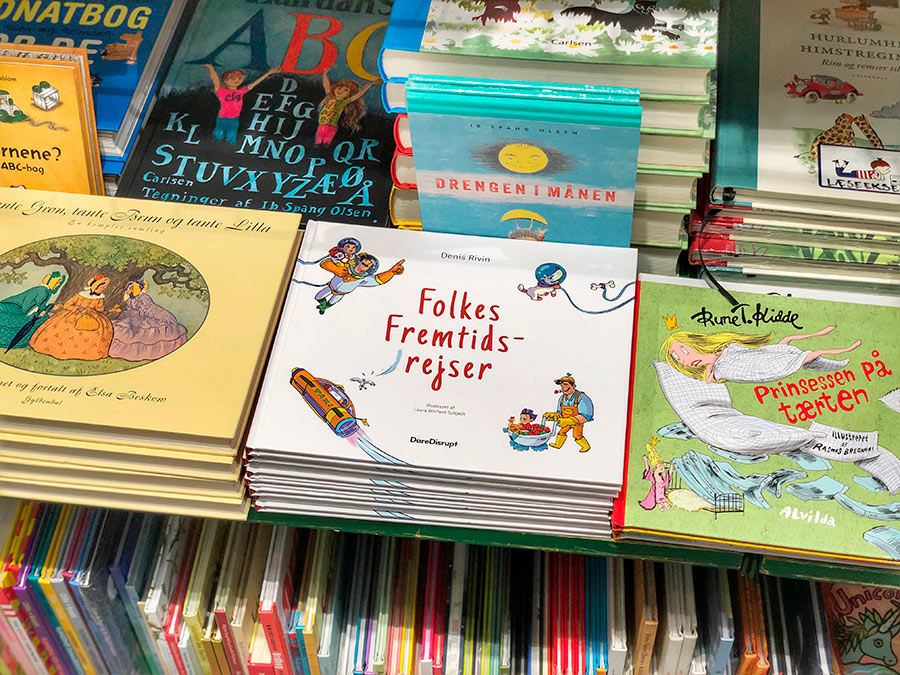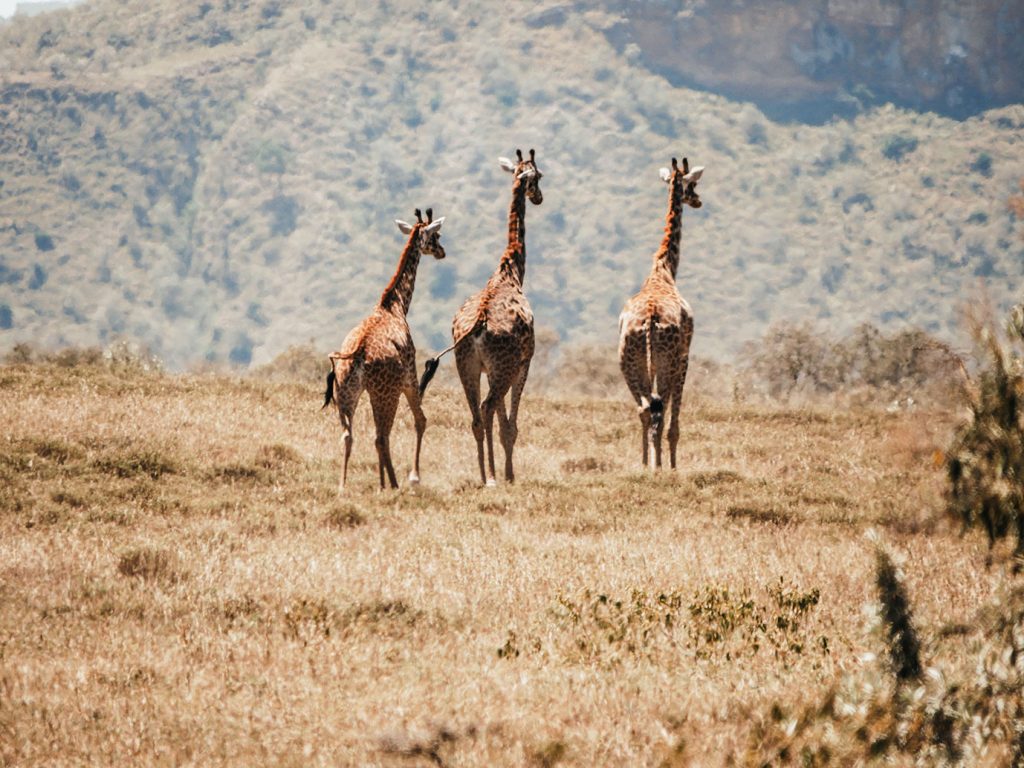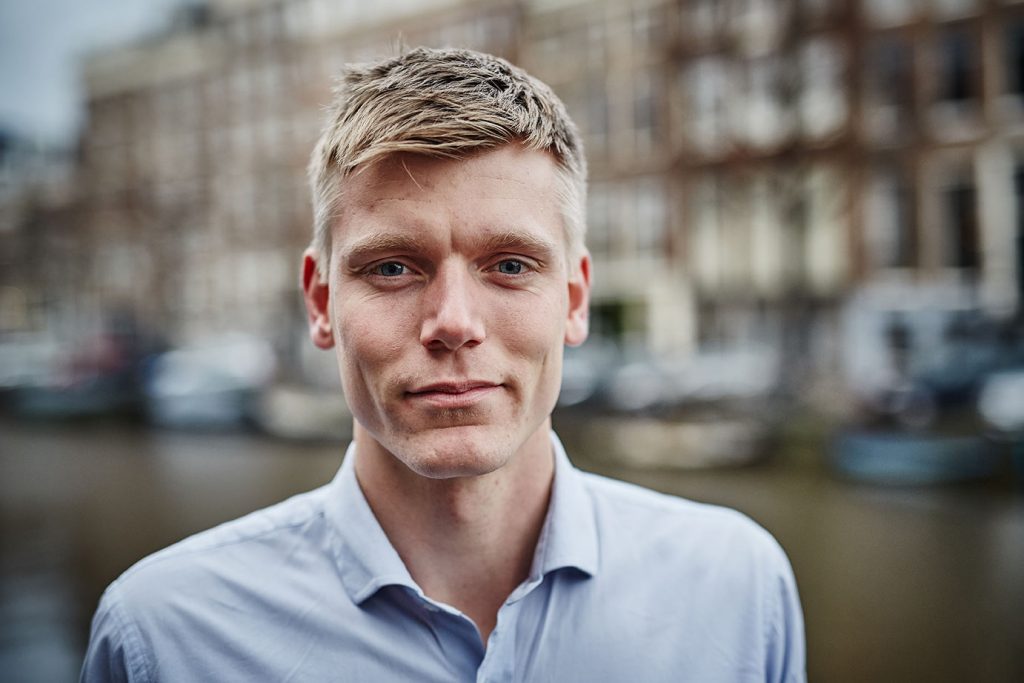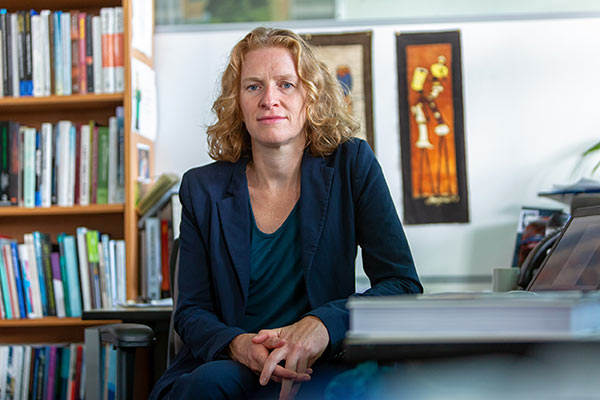The weird and mystifying world of water
One of the most mind-bending talks at this year’s Founders of Tomorrow came from Nikolaj Sorgenfrei Blom, quantum biologist, science adventurer, and water bridger. He even performed a water-bridging experiment, which we’re still totally bewildered by.

